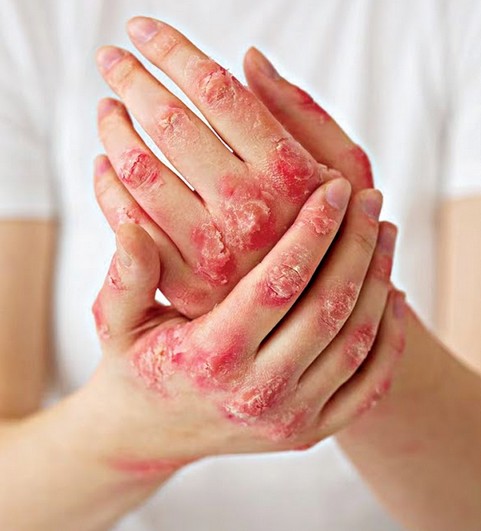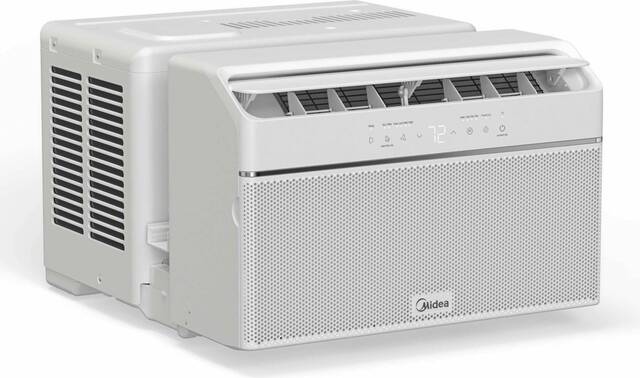Summary
People with aquagenic urticaria develop red, itchy hives and welts when their body comes in contact with water during a shower or a swim
Source: Deccan Chronicle

AI News Q&A (Free Content)
Q1: What is aquagenic urticaria, and how does it differ from other types of urticaria?
A1: Aquagenic urticaria is a rare condition where the skin develops hives after contact with water, regardless of its temperature. Unlike other forms of urticaria, which could be triggered by allergens, aquagenic urticaria specifically reacts to water itself. The condition is characterized by red, itchy hives and is distinct in its trigger compared to more common types caused by allergens like food or medications.
Q2: What are the common symptoms and triggers of aquagenic urticaria?
A2: The common symptoms of aquagenic urticaria include red, itchy hives and welts on the skin following contact with water. The triggers for this condition are purely water-related, meaning any exposure to water, such as during bathing, swimming, or sweating, can provoke a reaction.
Q3: What treatment options are available for individuals with aquagenic urticaria?
A3: Treatment for aquagenic urticaria typically involves antihistamines to reduce hives and itchiness. In cases where antihistamines are ineffective, other treatments such as corticosteroids or leukotriene inhibitors may be used. Patients are also advised to avoid water contact as much as possible and to apply barrier creams to protect the skin.
Q4: How does aquagenic urticaria impact the daily lives of those affected?
A4: Aquagenic urticaria can significantly impact daily activities, as individuals must carefully manage their exposure to water. This can affect hygiene practices, recreational activities, and even tasks like cooking or cleaning. Some may experience anxiety or stress due to the constant need to avoid water.
Q5: Are there any recent scientific studies that focus on aquagenic urticaria and its treatments?
A5: Recent studies have explored the efficacy of various treatments for chronic urticaria, including the use of a prognostic calculator to predict responses to antihistamines. Although specific studies on aquagenic urticaria are limited, these broader studies provide insights into managing similar symptoms effectively.
Q6: What are the potential causes or underlying mechanisms of aquagenic urticaria according to recent research?
A6: The exact cause of aquagenic urticaria remains unknown, but research suggests it might involve a reaction between water and a component in or on the skin. This reaction could lead to the release of histamine or other chemicals that cause hives. Ongoing research aims to better understand these mechanisms to improve treatment options.
Q7: How does aquagenic urticaria relate to other conditions like aquagenic pruritus?
A7: Aquagenic urticaria is often confused with aquagenic pruritus, but the latter involves intense itching without visible hives after water contact. Both conditions react to water exposure but manifest differently. Understanding these distinctions is crucial for accurate diagnosis and management.
References:
- Aquagenic urticaria
- Prognostic calculator of the clinical response to antihistamines in chronic urticaria: External validation
- Hives



